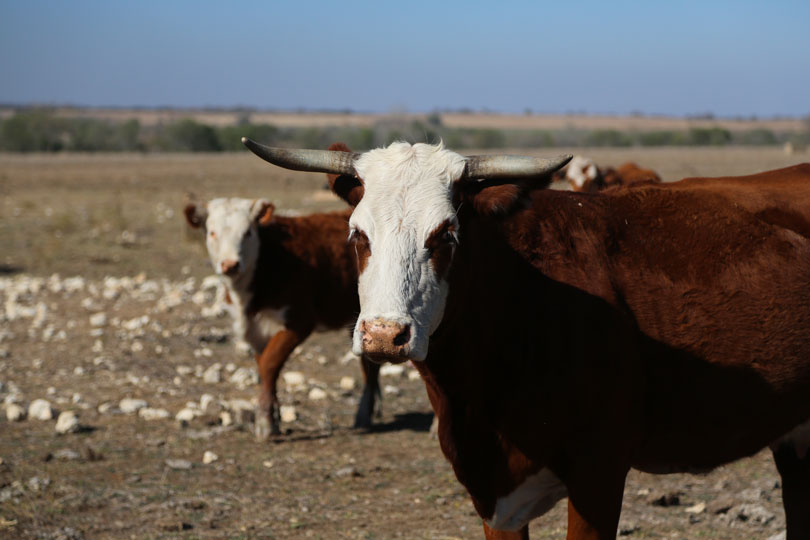By Justin Walker
Communications Specialist
Researchers from multiple universities and state agencies will team up in an effort to promote the trade of beef to China thanks to a grant from the U.S. Department of Agriculture’s (USDA) Foreign Agricultural Service (FAS).
Texas A&M AgriLife and Colorado State University researchers will join forces to evaluate production practice risks to beef trade, develop educational materials and programs to help producers meet requirements for exporting to China and help the U.S. beef industry capitalize on future export trade revenue.
“One purpose of this joint project is to develop and disseminate best practices to help U.S. beef industry members meet the requirements for marketing beef to Chinese markets,” Dr. Russell Cross, professor and Texas A&M AgriLife Research scientist in the Department of Animal Science at Texas A&M University, said.
FAS awarded the partnership $750,000 to help develop the program and practices.
“Those best practices will be used on a series of answers to research questions regarding the types of production practices that could inject compliance risks in exporting beef to China,” Dr. Keith Belk, professor of animal sciences at Colorado State, said.
Cross is joined by three animal science faculty members from Texas A&M, while Belk and four other animal science faculty members make up the team from Colorado State.
“This is truly an international project,” Cross said. “This effort will help the U.S. fully access the Chinese market, which has the potential for billions in added revenue for our beef industry. However, we must better understand China’s requirements, such as limits on chemical residues.”
In order to gain full access to the Chinese markets, the beef industry must use appropriate production practices to comply with foreign requirements, specifically those dealing with growth-promoting compounds and other compounds China has a zero-tolerance policy on.
“This is a team effort with some of the best researchers you can assemble from Texas A&M and Colorado State universities,” Cross said. “We are looking forward to developing the training materials and seeing these best practices implemented throughout the beef industry.”

